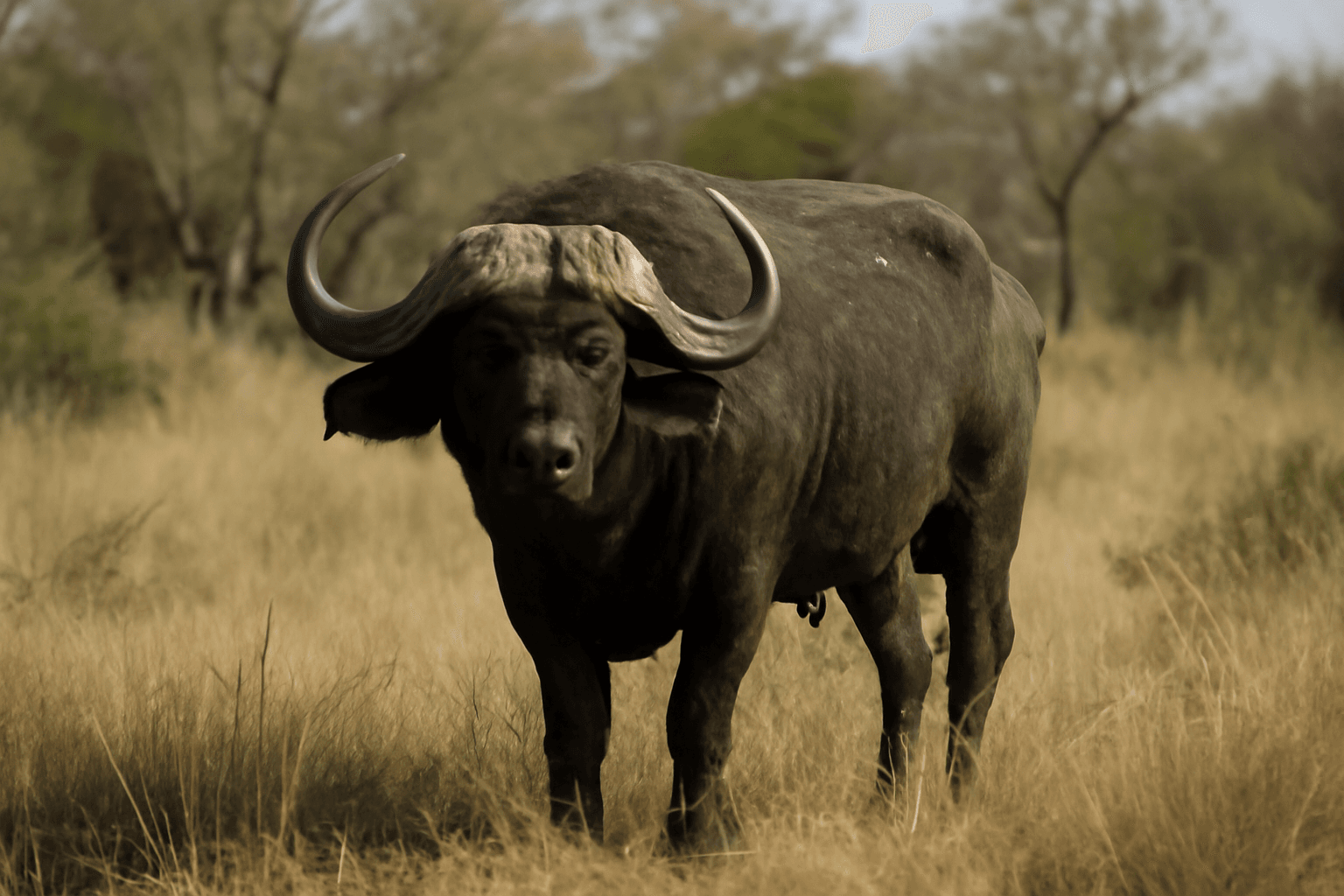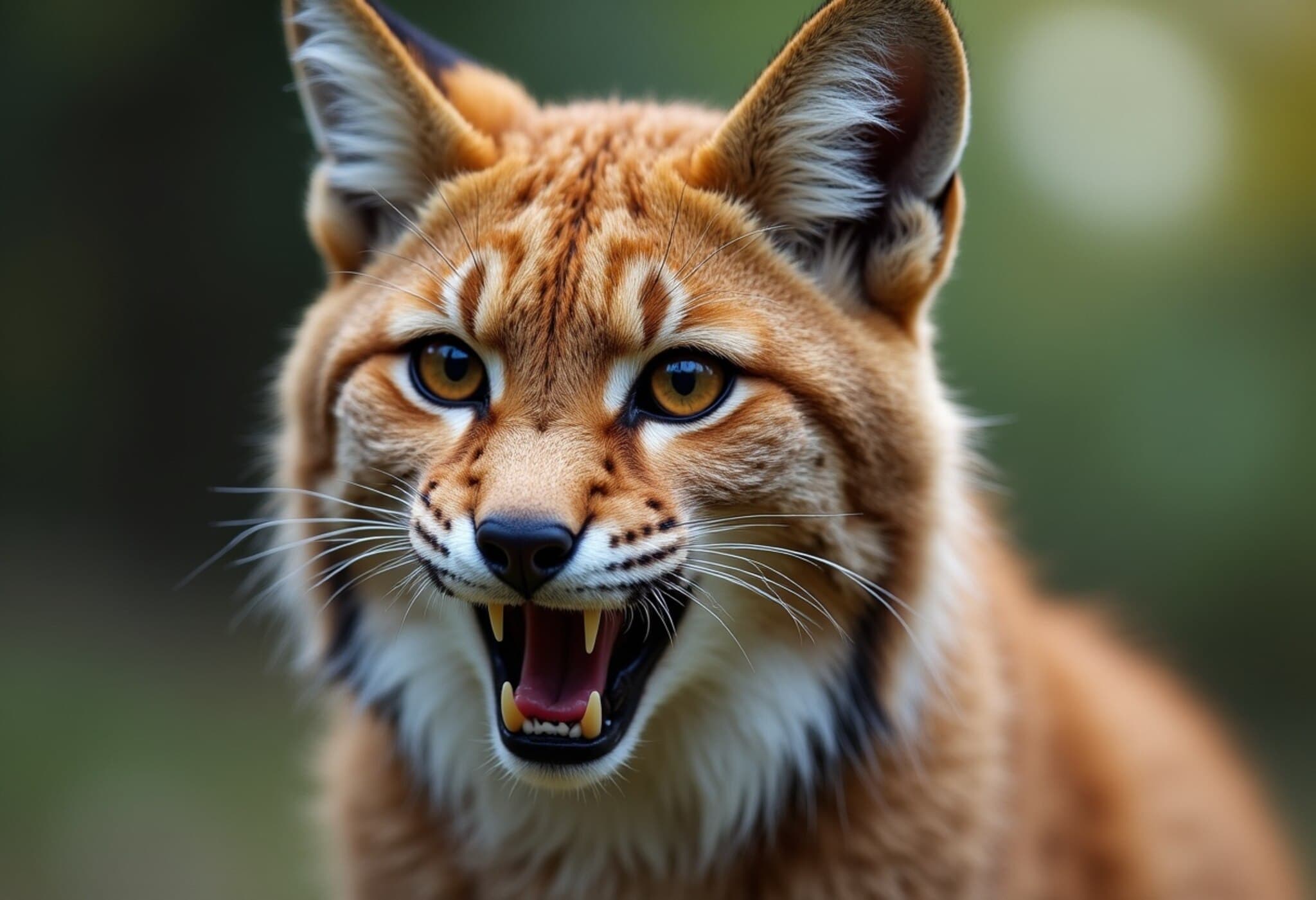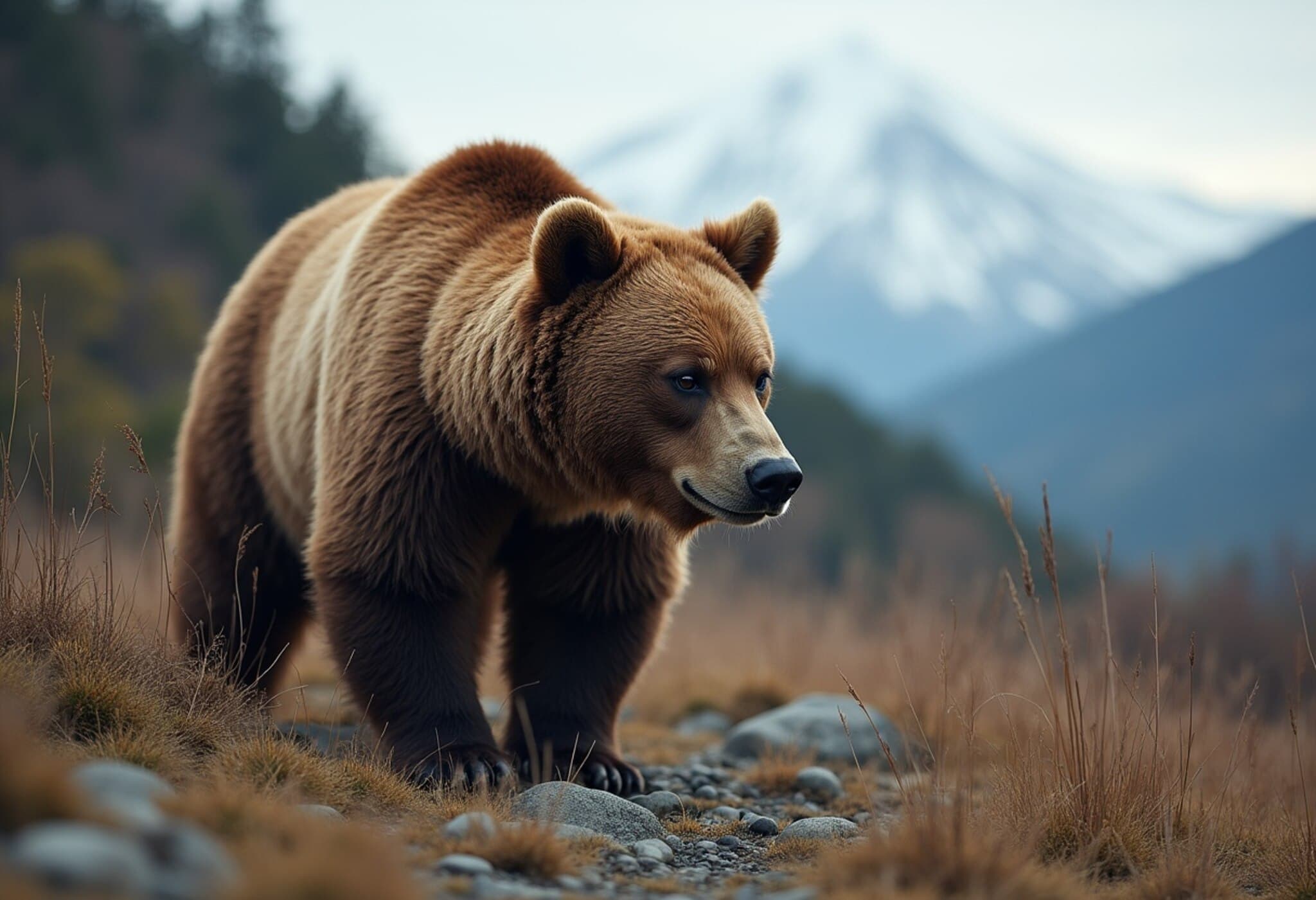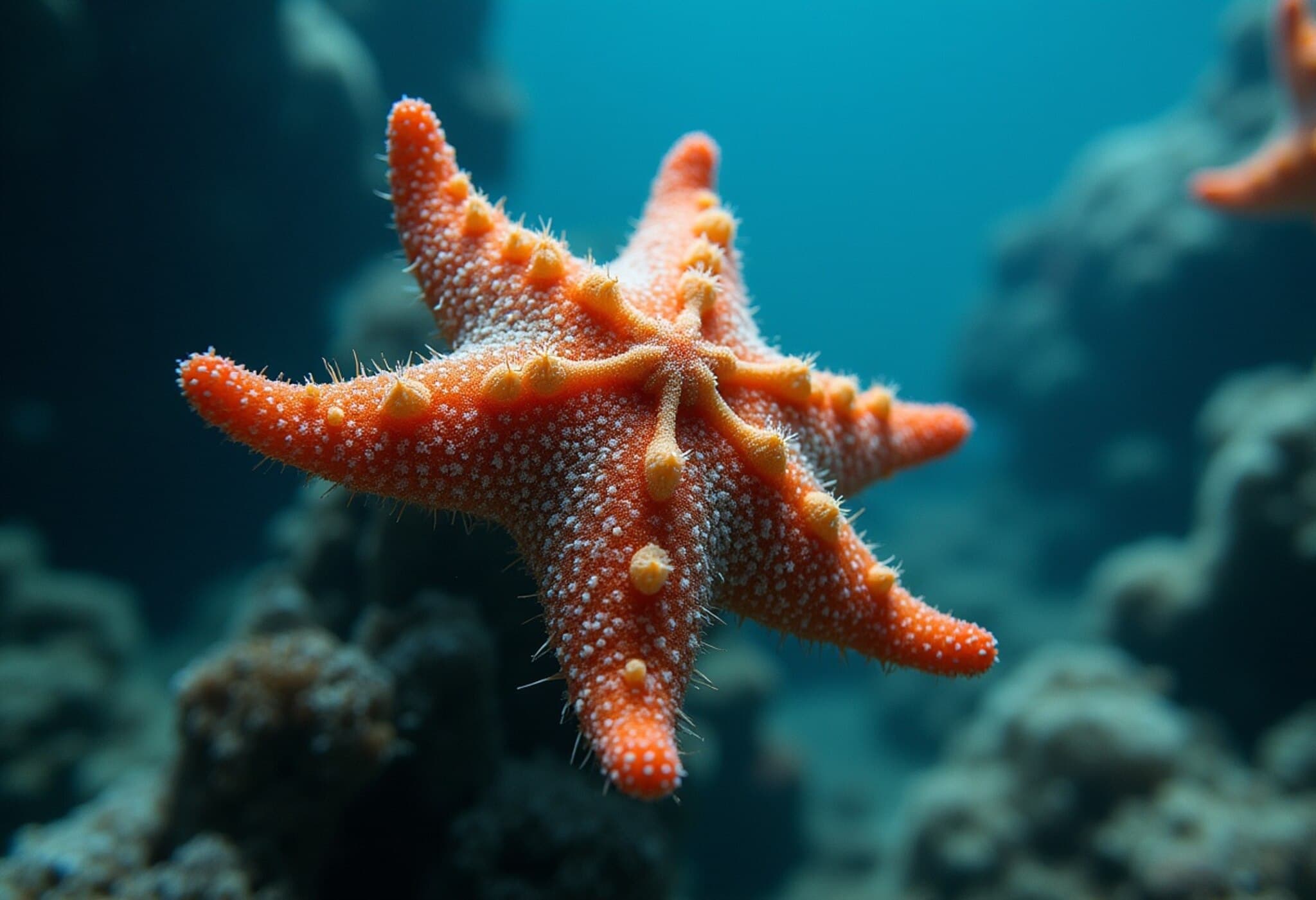Tragic Incident: Texas Hunter Fatally Attacked in South Africa
Asher Watkins, a 52-year-old real estate executive from Dallas, Texas, lost his life after being attacked by a Cape buffalo during a hunting expedition in Limpopo province, South Africa. The fatal incident, which occurred on Sunday, has shocked both the hunting community and wildlife conservation circles alike.
Understanding the Risks: The ‘Black Death’ of the African Savannah
The Cape buffalo, scientifically known as Sinophorus caffer, is notorious for its unpredictable and aggressive nature. Often dubbed "black death" by seasoned hunters, a mature bull can weigh up to 900 kilograms (nearly 2,000 pounds), making it one of the most formidable large mammals on the continent. According to Coenraad Vermaak Safaris—the company organizing Watkins' expedition—these buffaloes are known to charge without warning, even when not provoked, posing significant danger to hunters.
Expert Insight: Why Cape Buffaloes Are Among Africa’s Deadliest
“A wounded or threatened buffalo can become extremely aggressive,” explains Dr. Emily Harper, a wildlife biologist specializing in large African mammals. “Their tendency to hide in thick brush makes encounters sudden and perilous. This combination gives them the fearsome reputation they hold in the hunting world.”
Details of the Incident
Asher Watkins, who was tracking the buffalo alongside a professional hunter and a tracker, suffered a sudden and unprovoked attack. Coenraad Vermaak, the family owner of the safari company, confirmed that the animal involved was unwounded at the time of the attack.
While the company has expressed its commitment to cooperating fully with South African authorities, little additional information has been released. The South African Police Service has not responded to media inquiries regarding the case.
A Life and Legacy: More Than Just a Hunter
Watkins was more than a big-game hunter—he was a managing partner of Watkins Ranch Group, a Dallas-based firm specializing in luxury ranch and recreational land transactions, with some properties valued above $30 million. A Baylor University business graduate, Watkins was known in his professional community as well as among outdoor enthusiasts.
He is survived by his daughter, mother, stepfather, and brother. The safari company described Watkins’ family as longtime friends, highlighting a personal connection beyond the professional hunting trip.
Broader Context: The Ethics and Controversy Surrounding Big-Game Hunting
Watkins’ social media once featured numerous photos documenting his hunting expeditions, including images of a Sonoran Desert mule deer and mountain lion. His 2018 post stating "Hunting Is Conservation" aligns with a contentious argument within hunting circles—that regulated hunting can contribute to wildlife management and conservation efforts by funding local economies and anti-poaching initiatives.
However, the depiction of big-game hunting remains polarizing. Since Watkins’ death, some social media comments have criticized his activities, reflecting ongoing debates about hunting ethics, wildlife preservation, and the impact of trophy hunting on African ecosystems.
What This Incident Means for International Hunting Expeditions
This tragedy underscores the inherent risks of hunting some of Africa’s most dangerous animals and raises questions about safety practices in such expeditions. It also highlights the complex relationship between hunting, conservation, and local economies in regions like Limpopo, which safaris tout as a “hunter’s paradise” but where the dangers can be fatal.
- Safety Protocols: How are safari companies ensuring the protection of their clients during hunts?
- Regulatory Oversight: What measures do South African authorities have in place to oversee hunting expeditions?
- Conservation Impact: To what extent does trophy hunting benefit or harm wildlife populations?
Final Thoughts: Navigating the Complexities of Big-Game Hunting
While Asher Watkins’ death is a somber reminder of the unpredictable dangers involved in hunting wild animals, it also invites broader reflection. As trophy hunting continues to draw both ardent supporters and fierce critics around the world, incidents like this evoke debates not only about personal risk, but also about the moral and ecological implications of pursuing such dangerous game.
Editor’s Note
This tragic event puts a spotlight on the precarious balance between adventure, conservation, and safety in international hunting expeditions. Readers are encouraged to think critically about the ethical complexities and regulatory frameworks that govern big-game hunting. How should policies evolve to better protect hunters without undermining wildlife conservation efforts? What role do these hunts play in local economies, and at what cost?











